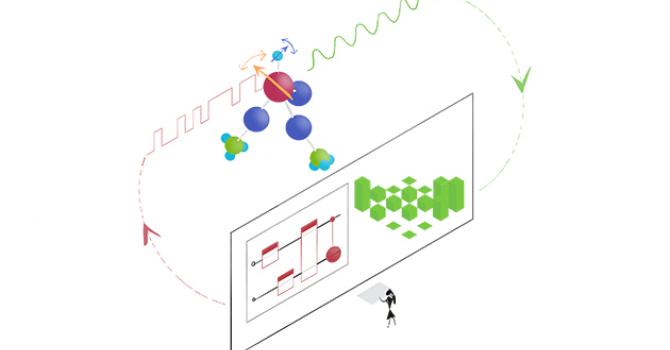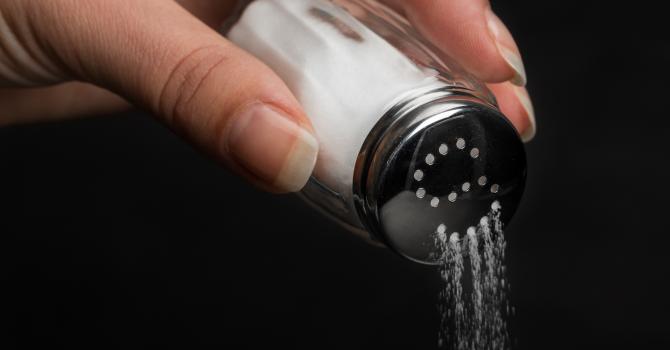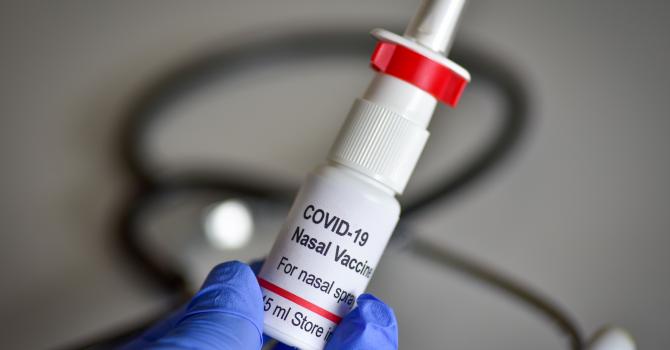Fired up, literally
Dr. Dennis Chan, Department of Chemistry, warns that hydrogen balloons can turn a birthday party into a nightmare.
By Dr. Dennis Chan, Department of Chemistry, HKUST
A recent story I read online about hydrogen balloons wreaking havoc in a birthday party caught my attention for the wrong reasons. Footage online showed a birthday girl lighting up candles on her cake, surrounded by celebratory hydrogen balloons and all of a sudden, KABOOM! The balloons burst into flames and people were crying and running away in complete despair.
The incident reminds me the importance of having a simple understanding of basic chemistry can be useful to everyone. When hydrogen and oxygen (in the air) simply “mix”, they would not cause an explosion. That is, the mixture won’t burn by itself – or more technically speaking, the reaction won’t start spontaneously by itself. They may stay there for centuries, perhaps even forever, without reacting. But all that will change if we drop in it an initiator – for instance, a spark, and the “mix” will explode (Never try it without professional guidance and facility)—which is exactly what happened in the incident.
The reason why a spark starts chain reactions is due to its chemical composition. There are nanometer-sized chemical species called free radicals (e.g. hydrogen radicals) in sparks and naked flames. Radicals usually have an odd number of electrons. They can initiate the chain reactions between hydrogen and oxygen. Ignition causes the reaction to start and produce water, and the generated heat from this chemical change in turn maintain certain level of radicals in the mixture and let the reaction continue extremely quickly and complete in less than a second.
Therefore, whenever there are hydrogen balloons nearby, we should avoid having any naked flame, so that tragedy like the one in the video will not happen again. The same goes with hair styling gels/mousse, where people tend to apply when they go to parties. These personal care products contain volatile organic compounds (VOCs) which evaporate slowly in the air. Without good ventilation, a VOC-air mixture will form and is also highly flammable. The tiny chemical species in candle flames can also ignite such a mixture and cause catastrophic consequences. How many of us would want to be “fired up”, literally?





